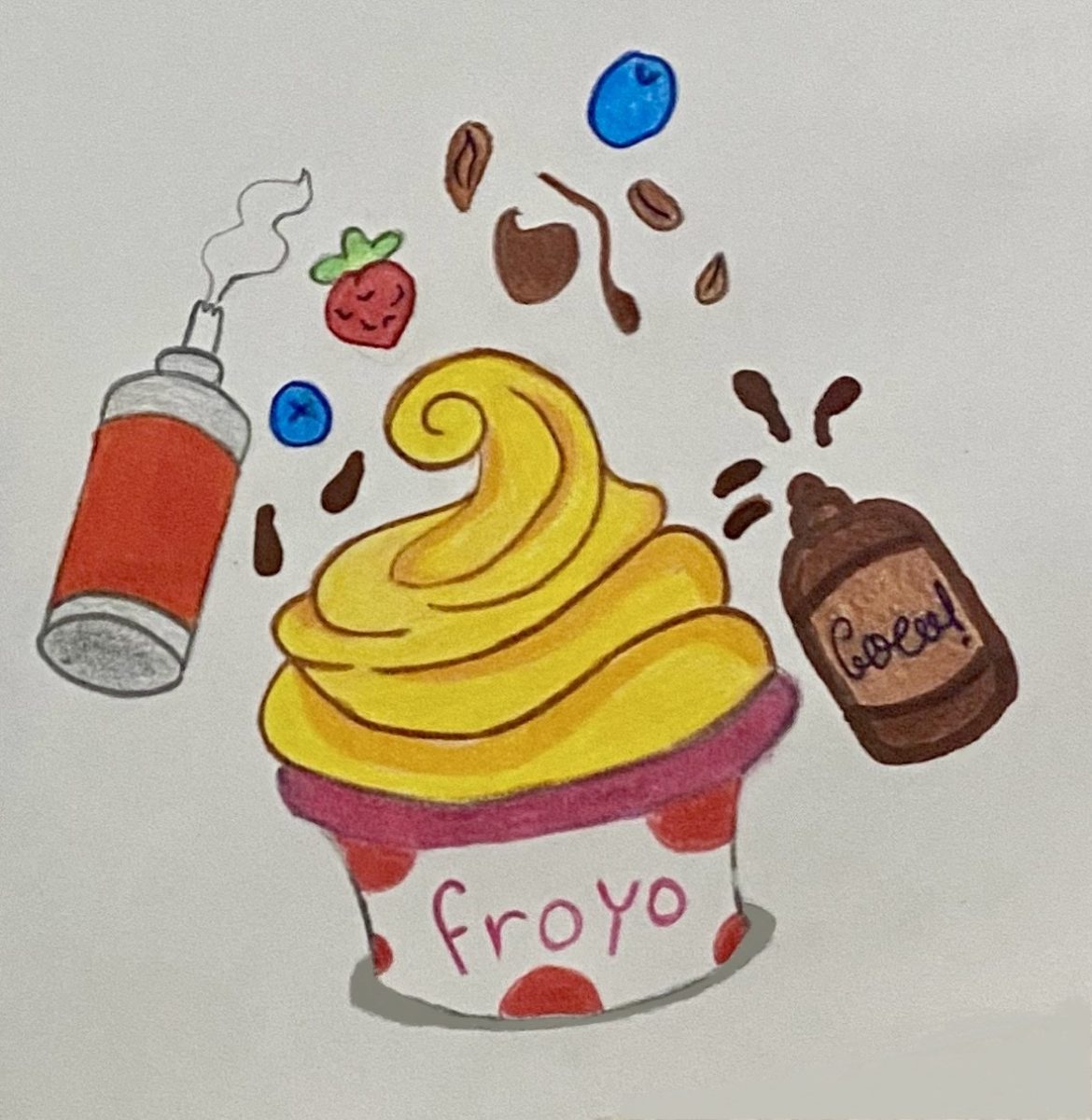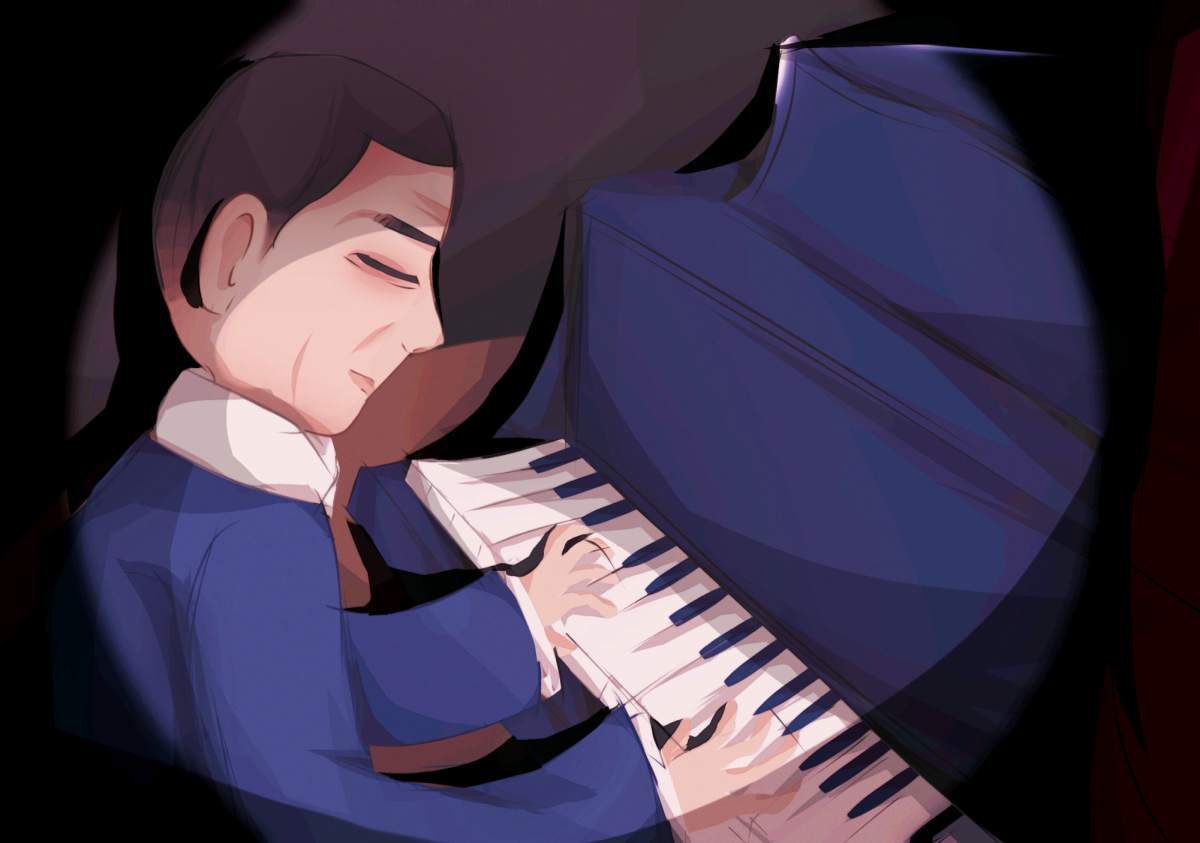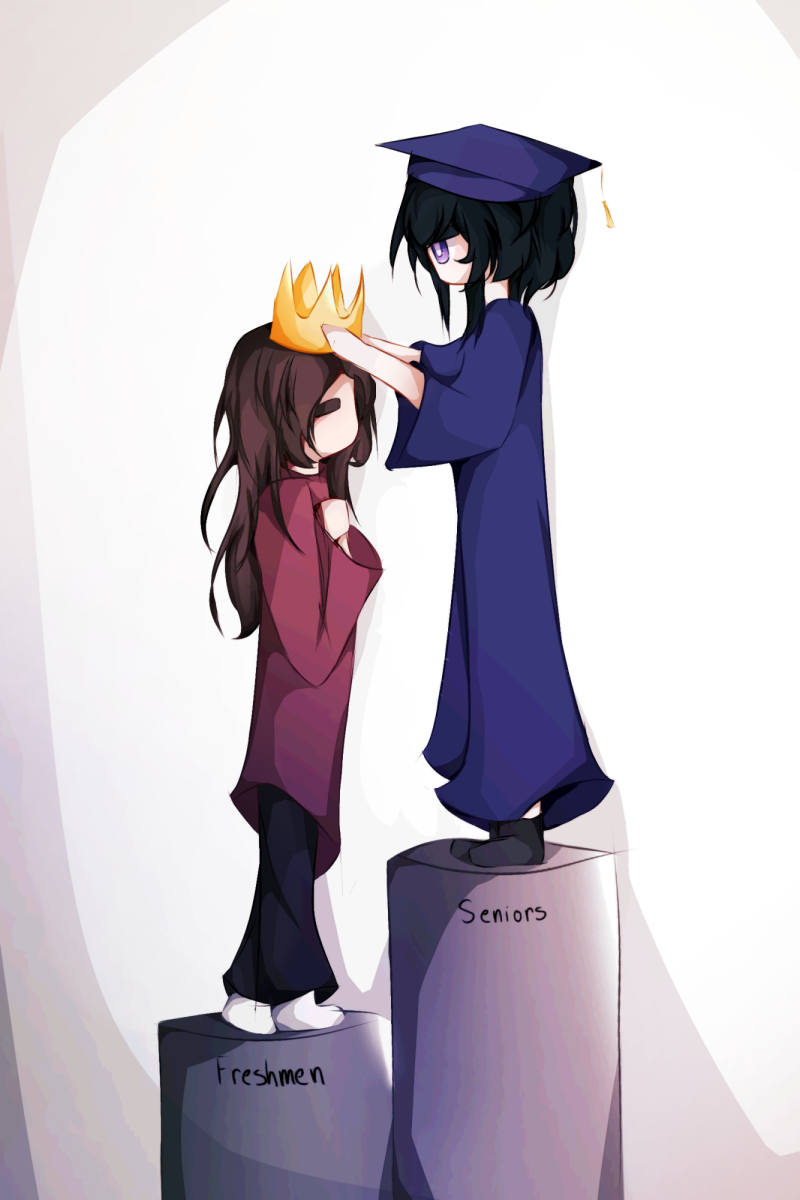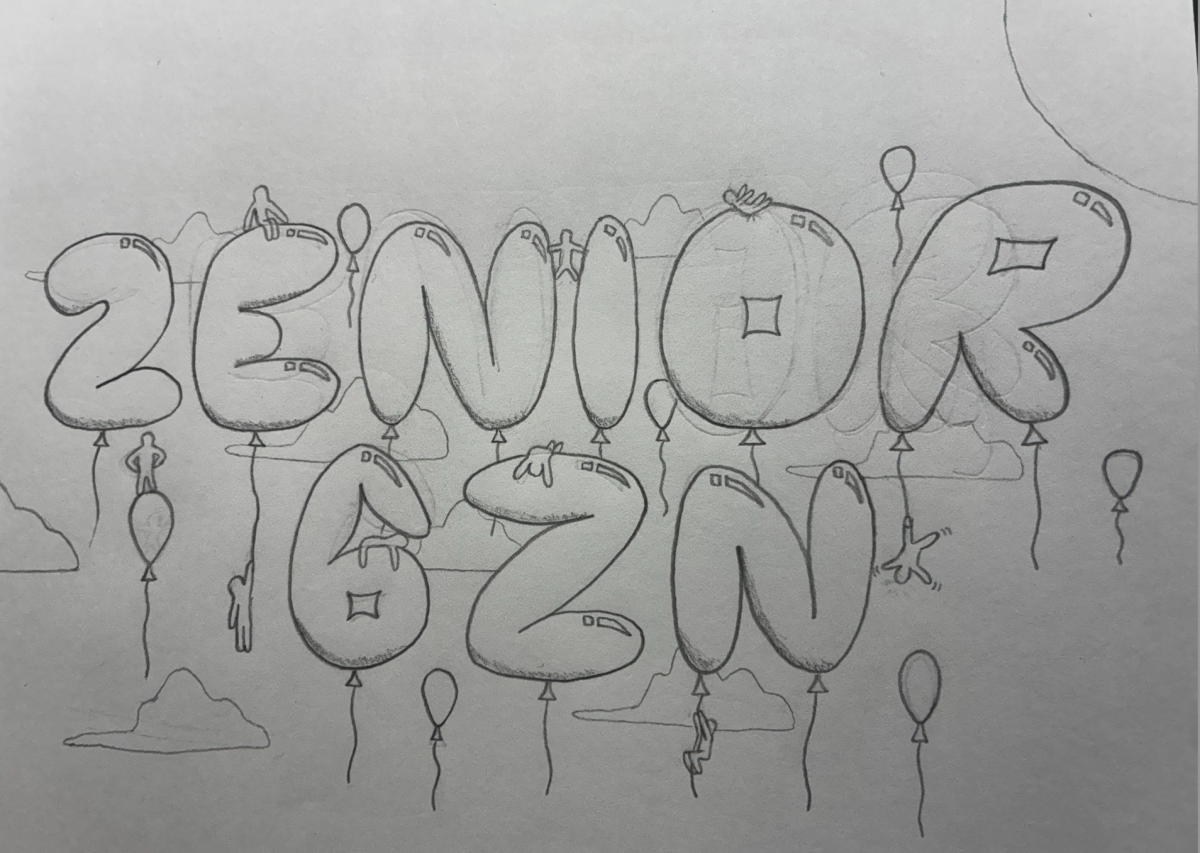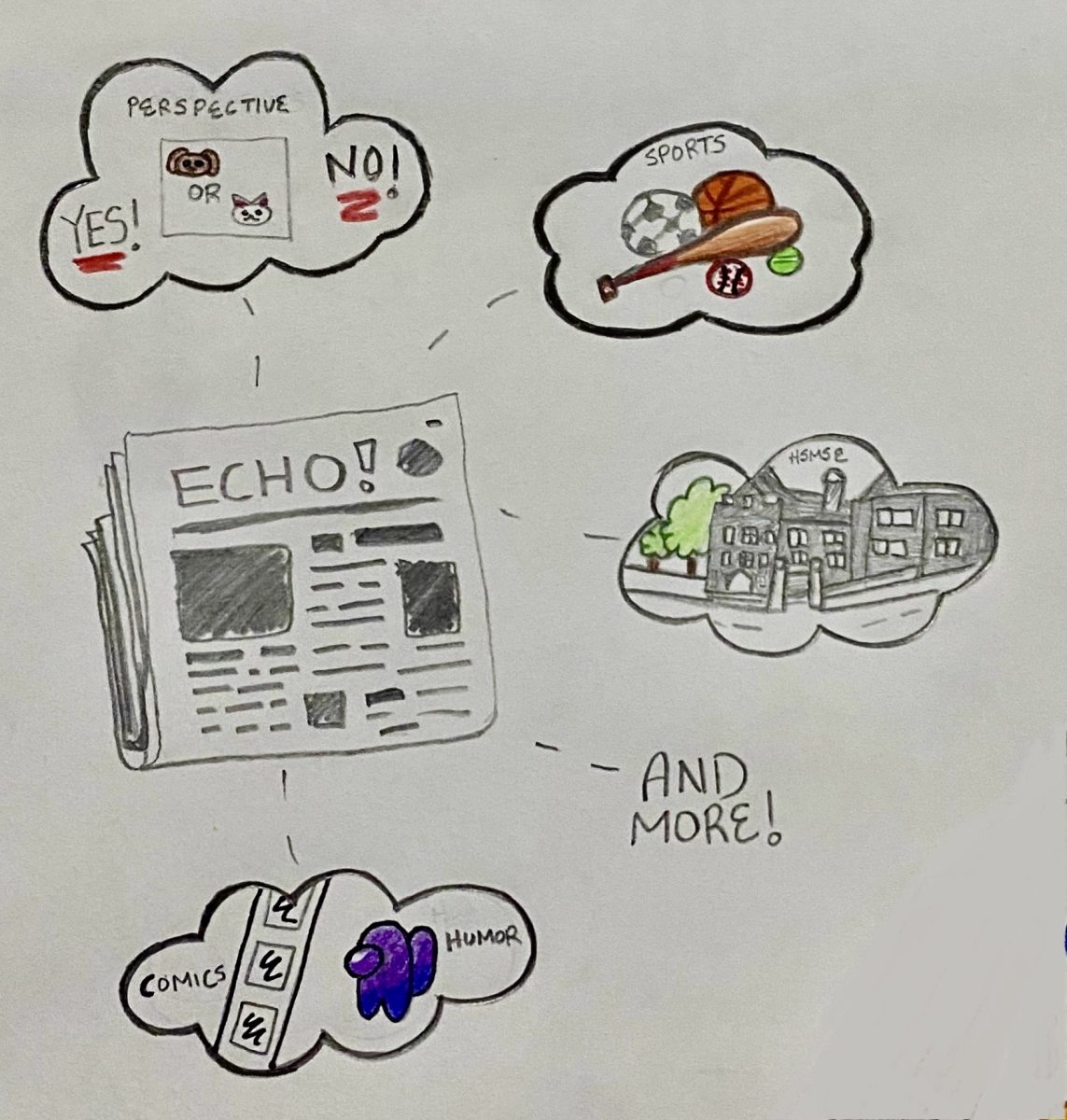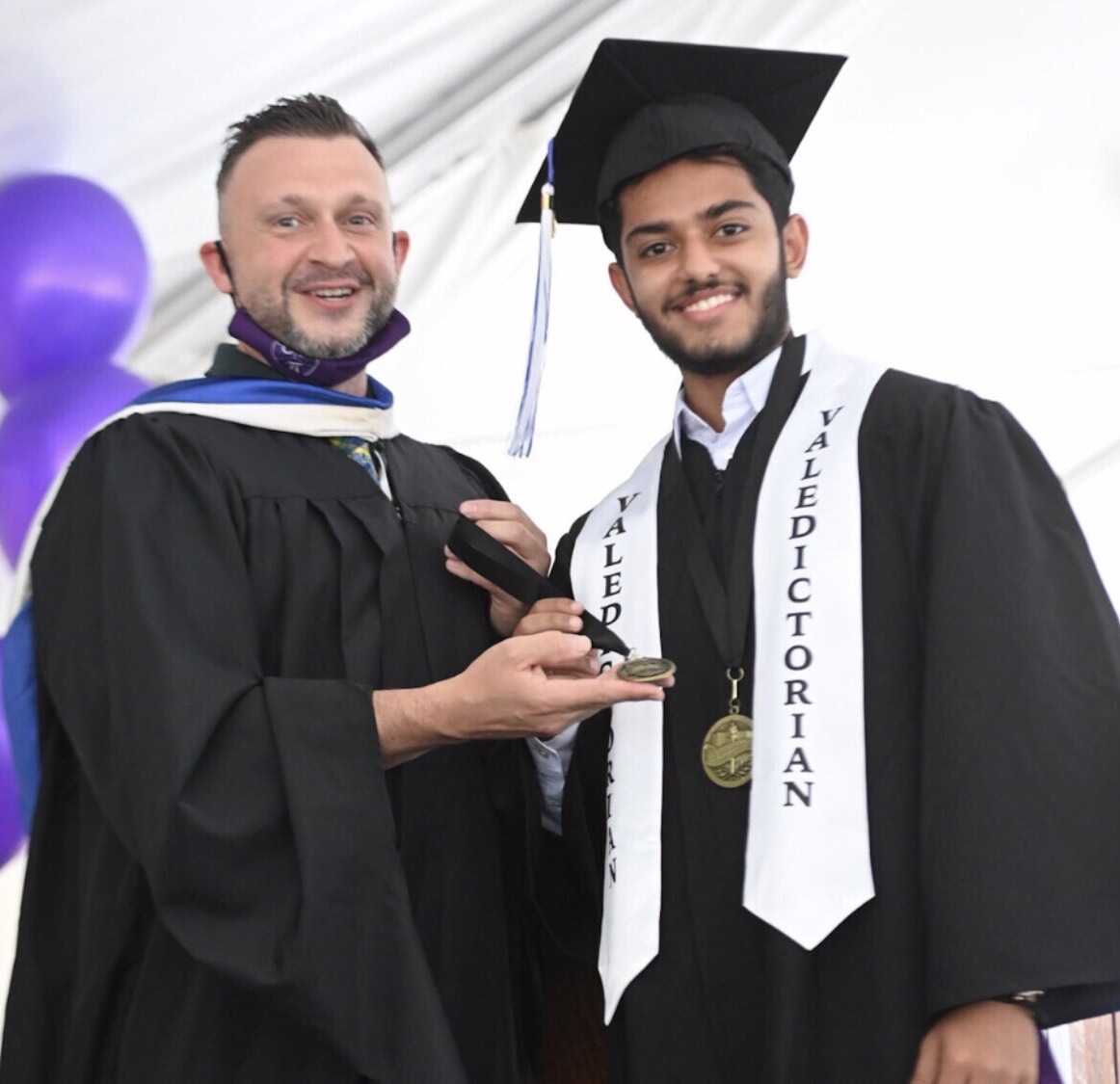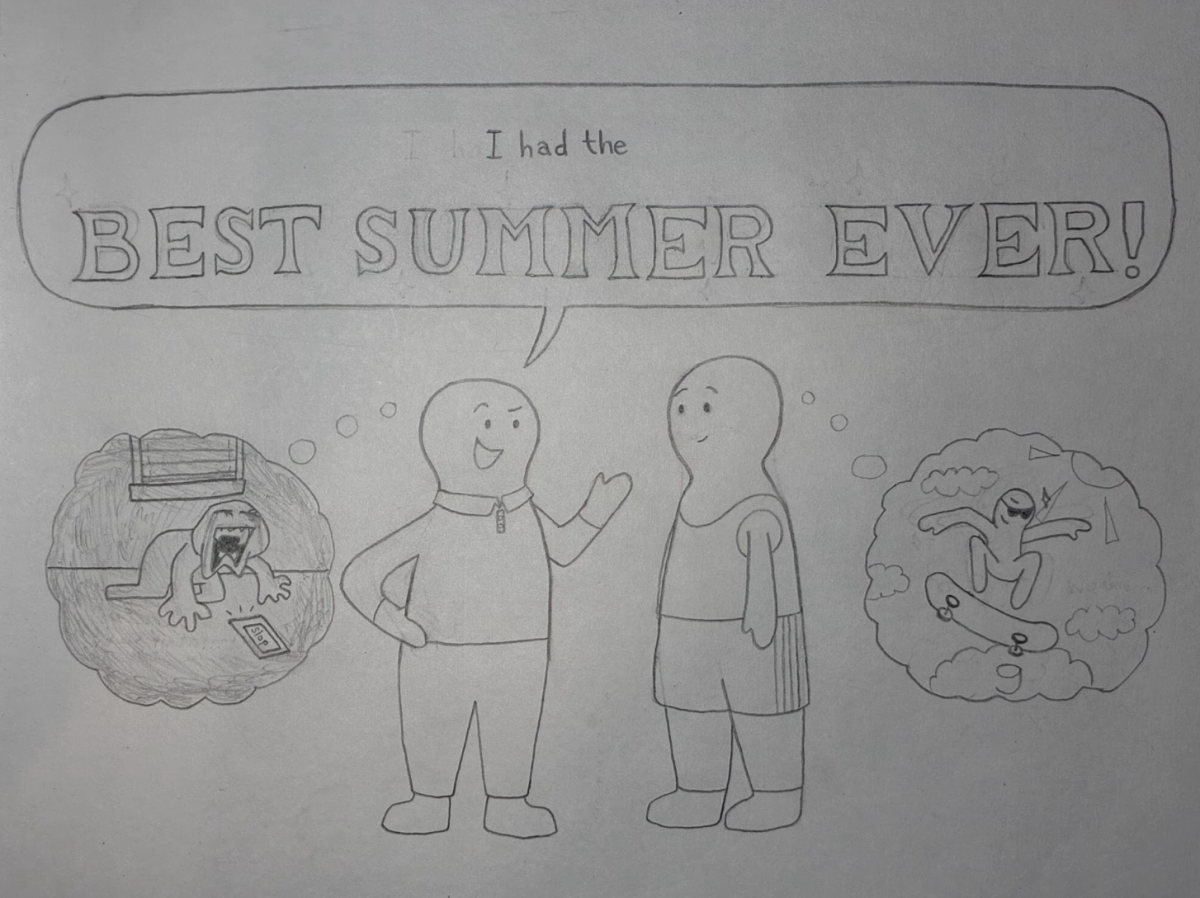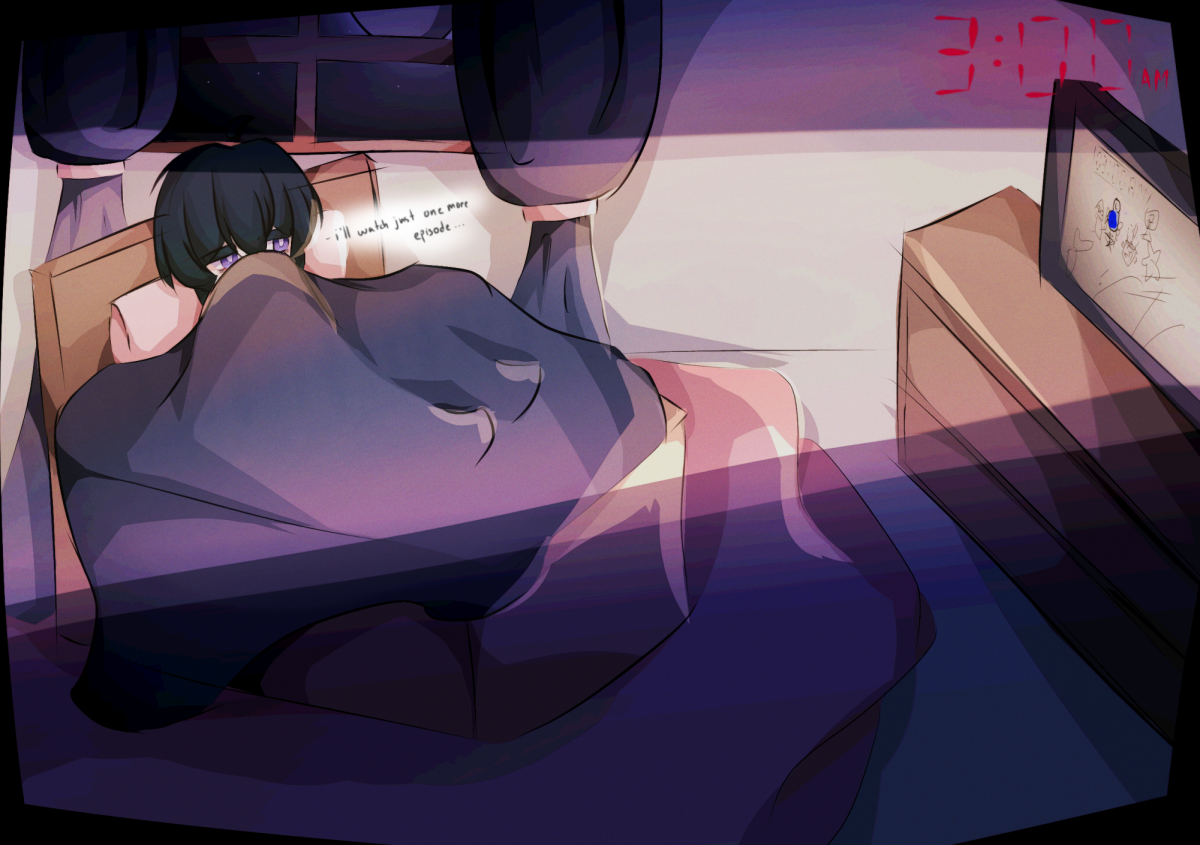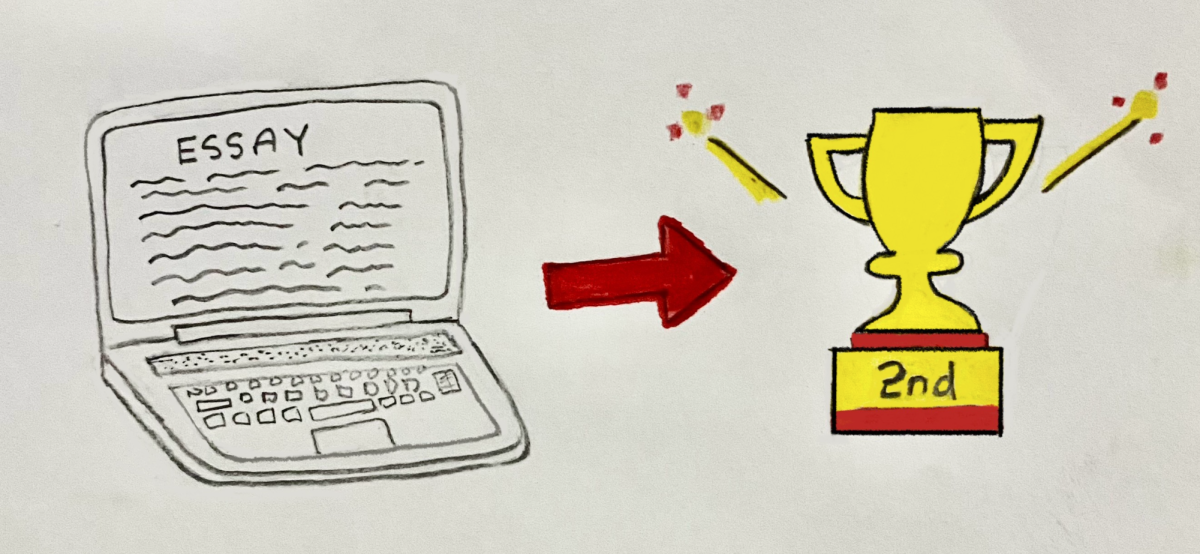Over the last couple of years, the capacity of artificial intelligence such as ChatGPT has been improving rapidly, becoming increasingly reliable and accurate. In the span of a year, it has become considerably harder to trip up AI or differentiate its writing from human writing. This year, many teachers are trying to adapt to the improving quality of AI. Some have started giving short quizzes at the beginning of class or in-class essays as opposed to take-home essays to make sure the work students are doing is their own. However, I think that these solutions are insufficient and I thought it would be interesting to learn about and discuss the different ways that teachers are adapting to AI use in classrooms, both in a positive and negative sense.
According to a study done by Forbes, the major concerns that most teachers have in regards to AI are plagiarism in essays and other work as well as reduced human interaction due to students depending on ChatGPT for answers: Teachers were concerned about both the use of ChatGPT to solve math problems and to write essays. Many teachers also highlighted the importance of education on ethical AI use in classrooms. ChatGPT is often seen as this terrible technology that is destroying education, but it is also important for us to learn about the ways that it can be used beneficially to students and in order to help with education without a complete dependence on it. It is necessary for us to find better solutions in classrooms instead of just finding ways to escape it.
Recently, the accuracy of AI in solving math problems has improved drastically. Previously, AI such as ChatGPT would often make mistakes in the basic operations of simple math problems. Now, it answers even very complex math problems correctly the majority of the time. This change can be attributed to more training done to the chatbot: The more exposure it gets, the more adept it is at solving problems. This could have a significant impact on the ability of AI to solve STEM-related problems and I decided to interview some teachers in the STEM department to learn their responses to the growing capabilities of ChatGPT. When asked about his opinions on AI use in classrooms, Mr. Swenson stated “Well, it’s really a question of the transition to utilizing AI. Right now, we’re at this strange impasse where we have skills, and then we have AI and there’s this overlap, so eventually AI will become skills, if that makes sense. We’re in kind of a strange middle ground right now.” He thinks that AI is “critical for teaching and society” and “you have to embrace it to some extent but right now there’s this strange transition because it’s so new.” Additionally, Mr. Tirado is most concerned about AI’s “ability to produce false information.” In regards to the accuracy of AI improving, he thinks that “it’s improved a lot and if it’s used properly it helps get the bare bones down for essays which kinda gets into the gray area of plagiarism. It can be good especially in the coding world, as it has the ability to get arduous work done and leave the human effort to fine tuning and making it better.”
Additionally, the ability of ChatGPT to write higher quality essays has also significantly increased. Essays now sound much more human-written than before, making it much more difficult for teachers to tell when an essay is written by AI. The increased quality of work has led to a growing amount of academic plagiarism, which sparked the development of AI detection platforms such as GPTZero. But the detectors are one step behind the generators, so it is still crucial to find alternative ways of teaching and assessing students as a result. I interviewed some teachers in the humanities department as well to see their opinions on increased AI use in classrooms. Ms. Gin believes that “using AI can be helpful in the short term on the surface level but it is not a substitute for long-term skill development. If students take shortcuts, they lose the value in developing their own voice and critical thinking, processes that take work and time.” Ms. Engelhardt had similar concerns, stating that “students are losing the meaning behind assignments and learning in school. Part of learning is hard and it hurts sometimes, but it’s okay to struggle. But now that you have this AI chatbot that can just solve it for you in two seconds, oftentimes not accurately, and that’s very deeply concerning because I feel like students today don’t know how to learn because they don’t feel that they need to.”
There are many pros and cons to AI use and, with it being such a new thing, we don’t yet know how to deal with these concerns. AI will continue to grow and get more and more accurate, so it is imperative that teachers find ways to incorporate it as a tool rather than a cheating method. In order to avoid complete reliance on ChatGPT and AI technologies, students need to be taught about when it can be used and what its flaws are. Complex ideas and opinions are something that ChatGPT will never have on the same level as humans, and we have to learn and be taught beyond the capabilities of what AI can do.
